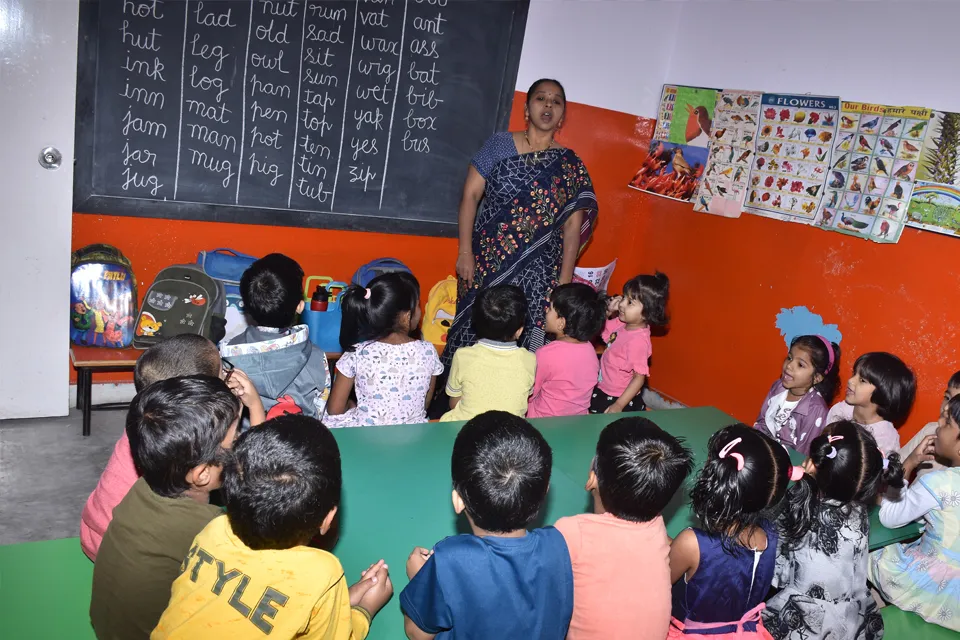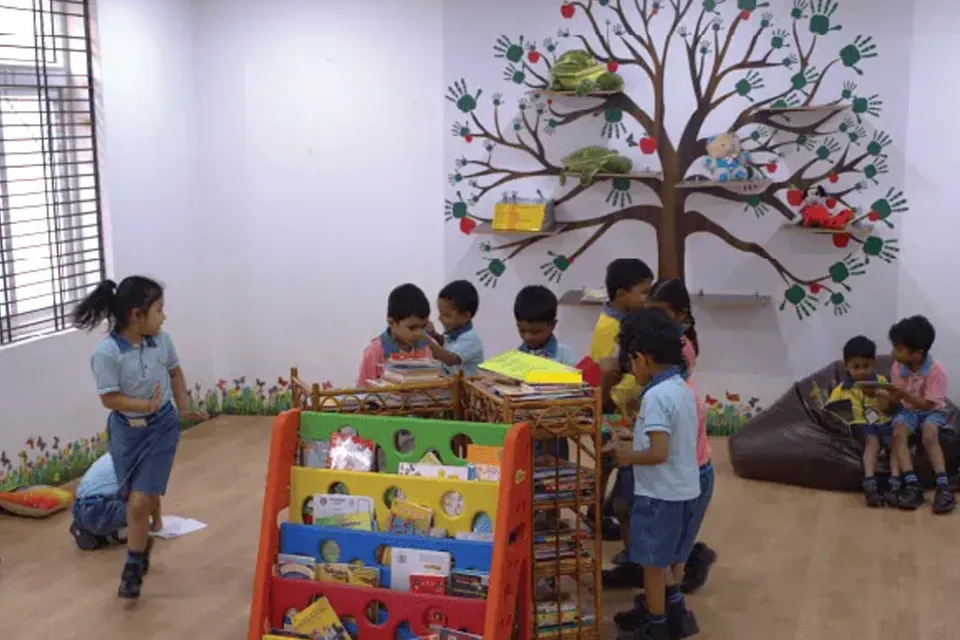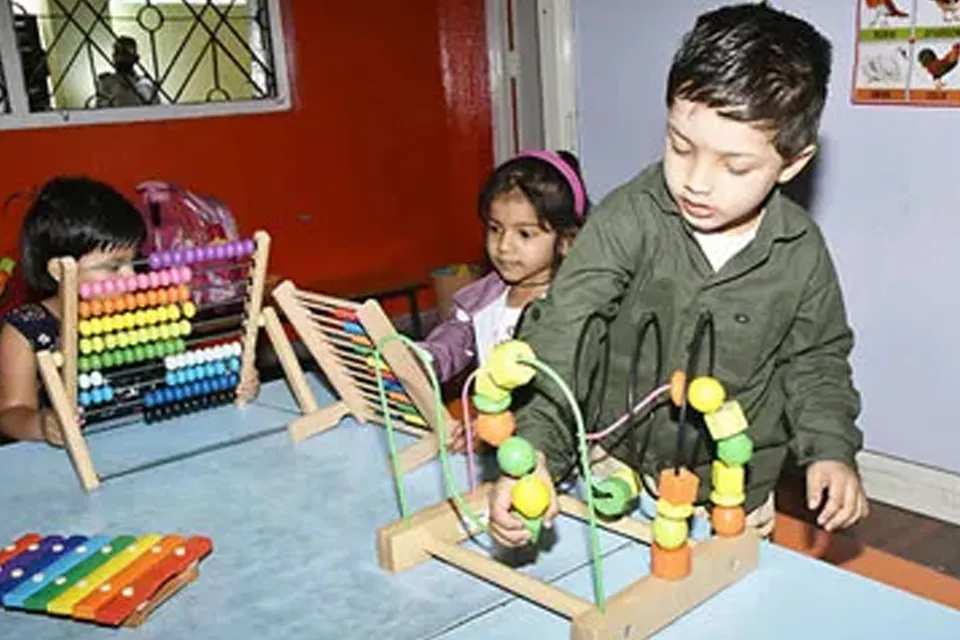Singing Classes detail
Singing classes for primary school students serve as a vibrant and engaging platform for young learners to explore their musical talents. These classes are designed to introduce children to the fundamentals of singing, including pitch, rhythm, and breathing techniques. The atmosphere in these sessions is usually lively and supportive, encouraging children to express themselves freely. By participating in group singing activities, students cannot only develop their vocal skills but also build confidence and camaraderie with their peers. The joy of making music together often fosters a strong sense of belonging, which is vital for their social development.
In addition to vocal techniques, singing classes often incorporate various musical genres. This exposure helps children appreciate different styles of music, from classical to contemporary. Educators typically select age-appropriate songs that resonate with children's experiences, making the classes more relatable and enjoyable. Through these diverse musical selections, students learn to engage with cultural traditions and discover their preferences in music. This exploration can inspire a lifelong love for singing and enrich their overall understanding of the arts.
The cognitive benefits of singing classes for primary school children are also noteworthy. Engaging in music has been shown to improve memory, language skills, and even mathematical abilities. Singing requires children to listen attentively and memorize lyrics, which sharpen their cognitive functions. As they practice harmonizing and following musical notes, they develop better auditory skills and critical thinking abilities. These enhancements not only aid their academic performance but also promote creativity and problem-solving skills, which are essential in many aspects of life.
Moreover, singing classes offer an excellent opportunity for emotional development. Music is a powerful means of expression, and through singing, children can articulate their feelings and experiences. This emotional literacy is crucial for their growth, as it helps them understand and manage their emotions effectively. In a safe and encouraging environment, children learn to convey joy, sadness, and excitement through their voices. This process fosters empathy and emotional intelligence, equipping them with the tools to connect with others and navigate social situations.
Finally, singing classes can also lay the groundwork for future musical endeavors. For children who show particular interest or talent, these classes can be a stepping stone to more advanced musical education. They may lead to opportunities like joining a choir, participating in school musicals, or even pursuing private lessons. Not only do these experiences nurture their vocal skills, but they can also introduce them to music theory and performance techniques. Ultimately, singing classes serve as a foundation that can inspire a new generation of musicians and performers, enriching their lives in countless ways.







